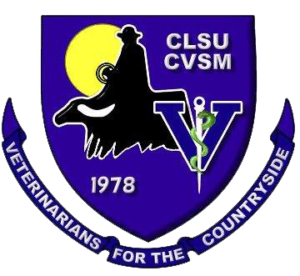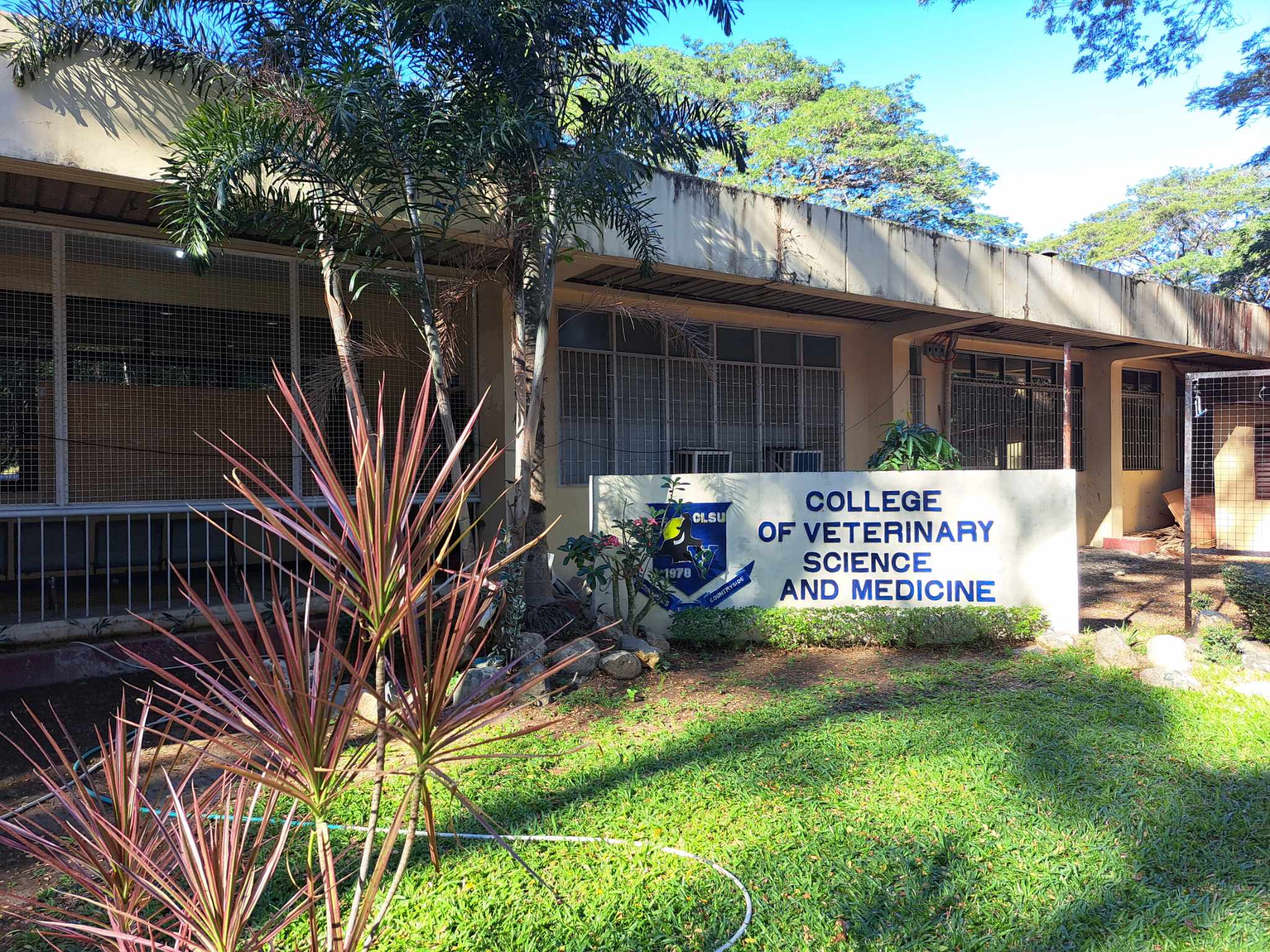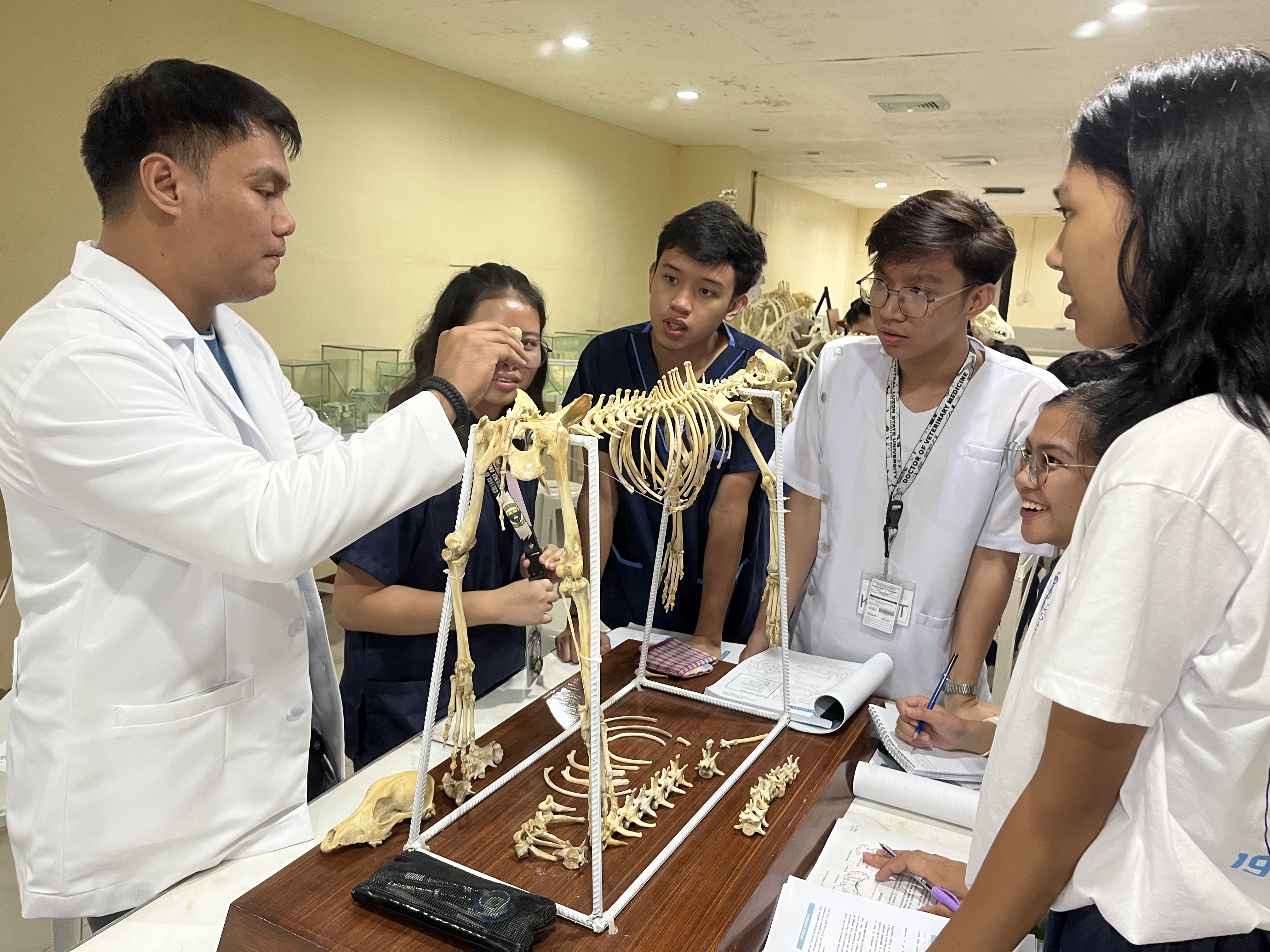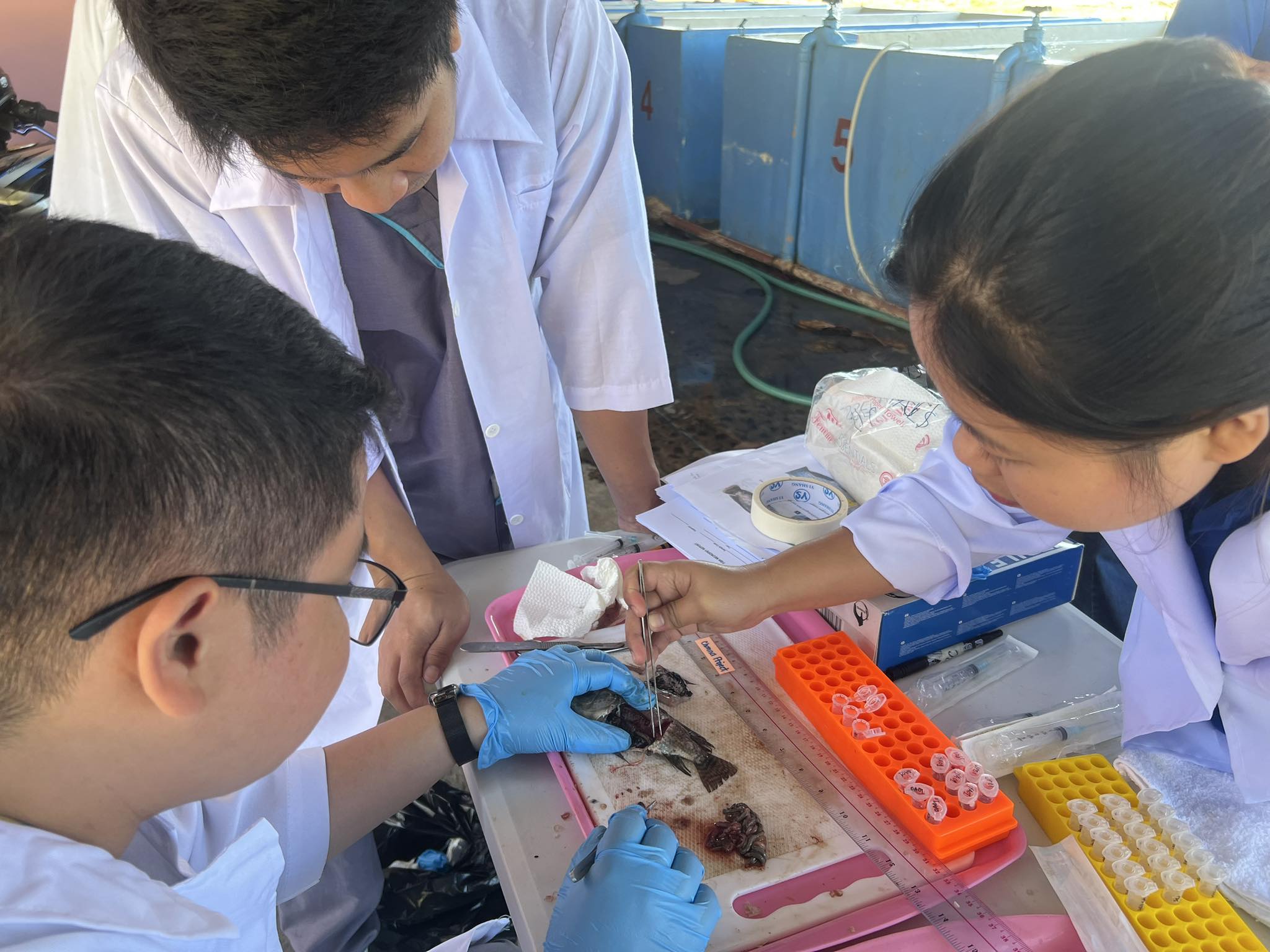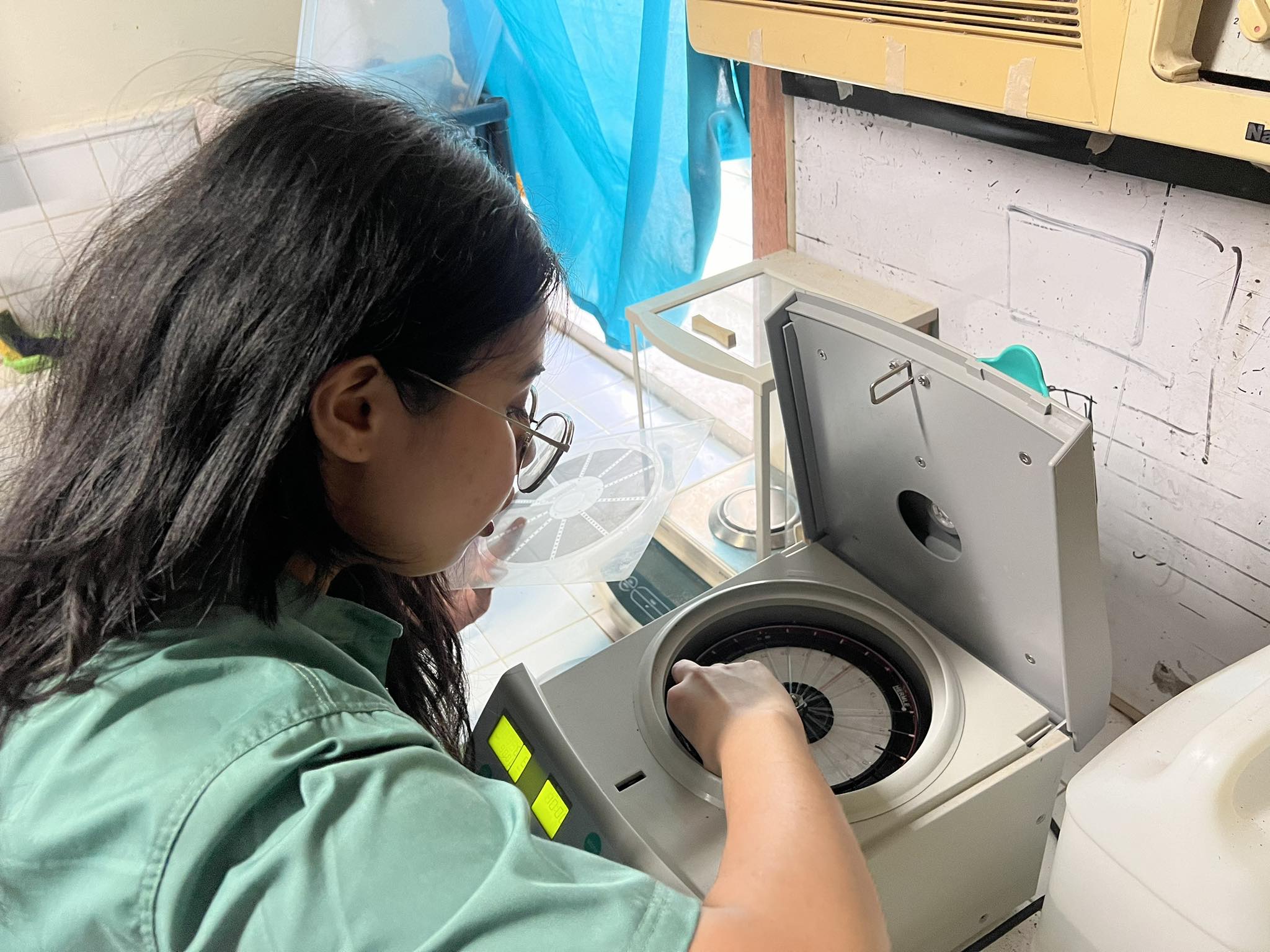The department offers basic veterinary subjects like anatomy, physiology, zootechnics, and pharmacology. DVM students are introduced to the different animal body parts (gross and microscopic) and their respective functions. In the department, they are also exposed to various animal production subjects like nutrition, breeding and genetics, and animal welfare. It is also where they learn the mechanisms of action of every veterinary drug and how it interacts within the animal body.
